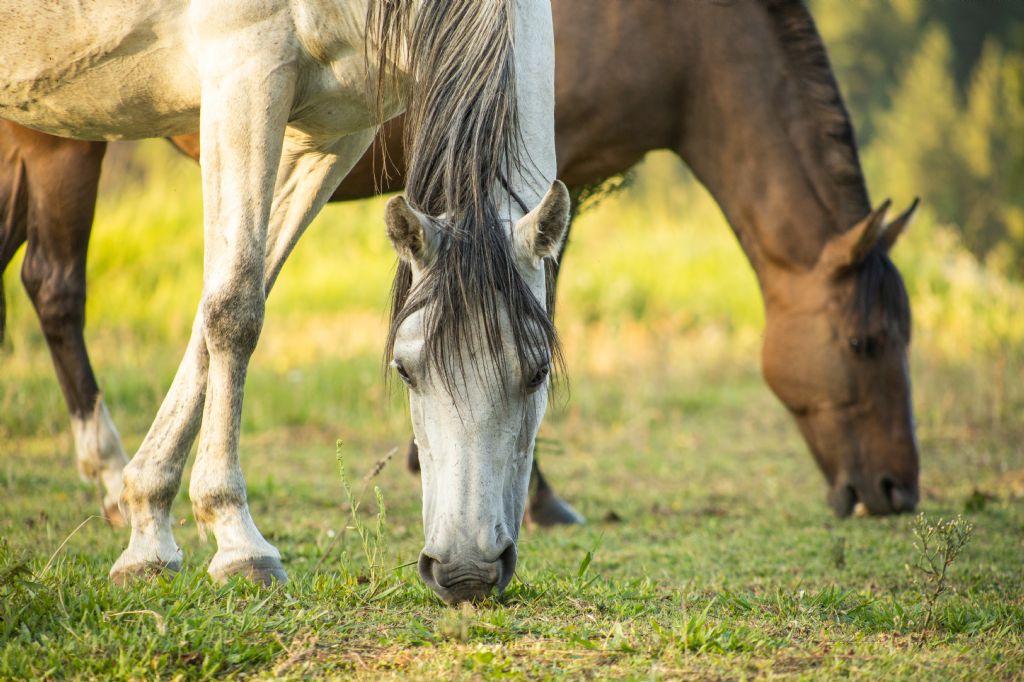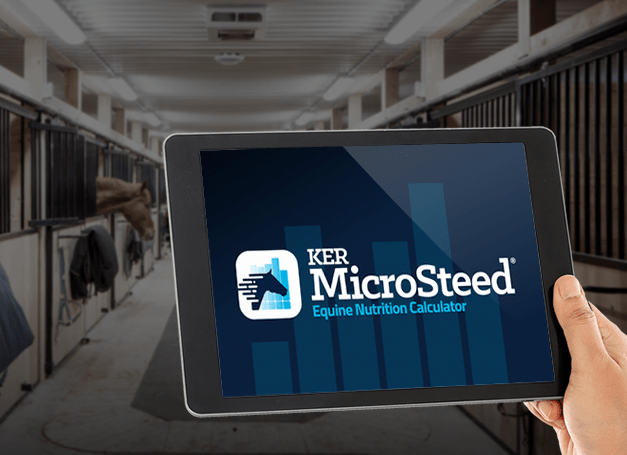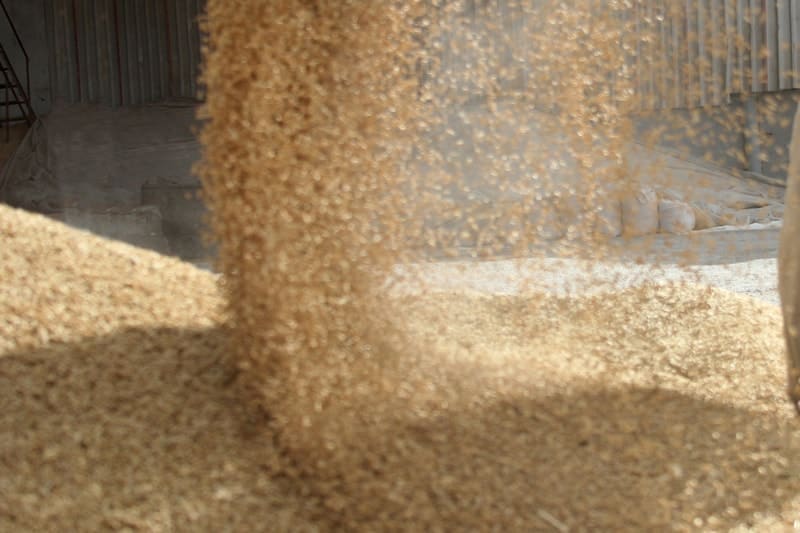Bluegrass News
Nourishing Young Equines: Fundamentals of Feeding From Weaning to Two-Year-Old.
Feeding young horses, from the time of weaning until they reach two years of age, is a crucial stage in their development. During this period, horses undergo significant growth and development, making proper nutrition essential for their overall health, skeletal development, and future performance. Understanding the fundamentals of feeding young stock is vital to ensure optimal growth, musculoskeletal health, and a solid foundation for their future athletic endeavours. In this article, we will delve into the key considerations and guidelines for feeding young horses during this critical phase.
1. Weaning:
Weaning is the process of transitioning foals from a solely milk-based diet to solid feed. It is typically recommended to wean foals between four to six months of age, depending on their growth, maturity, and individual circumstances. During this time, the focus is on gradually introducing foals to solid feeds and establishing a balanced diet.
a. Forage: High-quality forage, such as grass hay or good pasture, should form the foundation of the diet. Providing access to forage helps support digestive health, encourages normal growth patterns, and facilitates proper chewing and nutrient utilization.
b. Concentrates: Foals should be introduced to small amounts of nutritionally balanced concentrate feeds specifically formulated for young horses. These feeds should have appropriate protein, mineral, and vitamin content to support growth and development. Start with small quantities and gradually increase over time, adjusting to the individual foal's needs.
c. Water: Fresh, clean water must be readily available to foals at all times. Adequate water intake is crucial for proper digestion, thermoregulation, and overall health.
2. Nutrient Requirements:
Understanding the nutrient requirements of young horses is vital for formulating appropriate diets. Young stock have unique needs compared to adult horses due to their rapid growth and development. Key nutrients to consider include:
a. Protein: Young horses require higher levels of protein to support tissue growth and development. Feed concentrates with balanced protein content, ideally around 14-16% of the diet, to provide essential amino acids necessary for musculoskeletal development.
b. Energy: Energy requirements for young horses are relatively high due to their growth and activity levels. A diet rich in digestible energy sources, such as good-quality forage and properly formulated concentrates, helps meet their metabolic needs.
c. Minerals and Vitamins: Adequate mineral and vitamin intake is crucial for skeletal development, immune function, and overall health. Ensure the diet contains balanced levels of calcium, phosphorus, copper, zinc, selenium, and vitamins A, D, and E. Consult with an equine nutritionist or veterinarian to determine appropriate supplementation if necessary.
3. Growth and Development Considerations:
During the growth phase, several factors should be considered to ensure proper skeletal development and reduce the risk of developmental disorders.
a. Controlled Growth: Rapid growth rates can contribute to orthopaedic issues. Aim for controlled growth by avoiding excessive weight gain and maintaining a balanced diet that meets the foal's energy requirements without overfeeding.
b. Mineral Balance: Proper mineral balance, particularly calcium and phosphorus, is essential for skeletal development. Consult with a nutritionist or veterinarian to evaluate the mineral content of the diet and ensure it meets the foal's needs.
c. Exercise and Turnout: Regular exercise and access to adequate turnout are essential for the healthy development of young horses. Exercise promotes proper bone density, muscle development, and overall fitness.
4. Monitoring and Adjustments:
Regular monitoring of young stock's body condition, growth rates, and overall health is crucial. Adjustments in diet and management should be made based on individual requirements and growth patterns. Work closely with an equine nutritionist or veterinarian to evaluate the diet, assess the horse's condition, and make necessary adjustments to optimize growth and development.
Feeding young horses from weaning until two years of age requires a thorough understanding of their unique nutritional needs. By providing a balanced diet rich in quality forage, nutritionally balanced concentrates, and adequate minerals and vitamins, we can support proper growth, musculoskeletal development, and overall health. Consistent monitoring and adjustment, coupled with appropriate exercise and turnout, contribute to the healthy development of young stock and set them on the path to future success as athletes or companions.
For expert advice for your youngstock, you can contact us here at Bluegrass Horse Feed and we can recommend a suitable feed product which meets all your horses needs.












